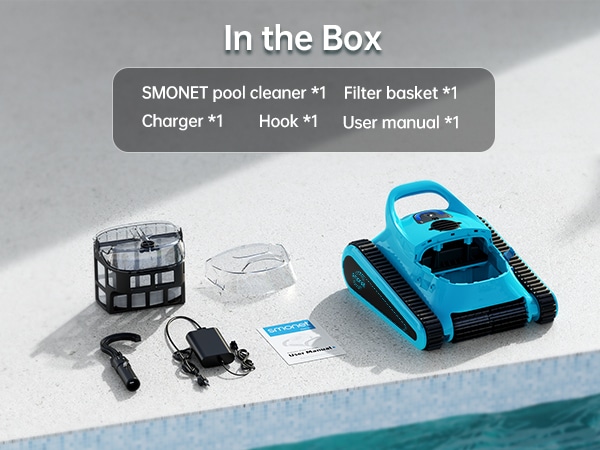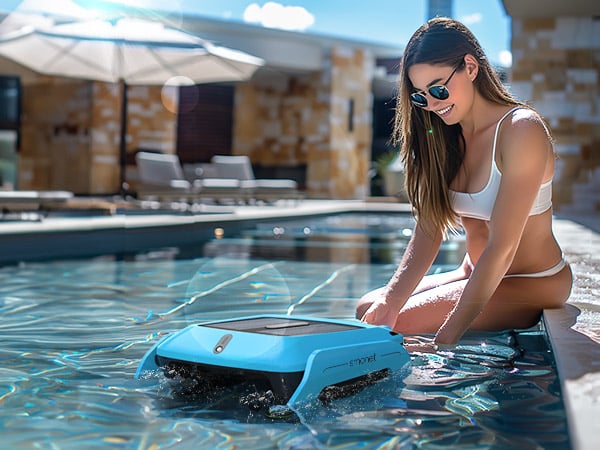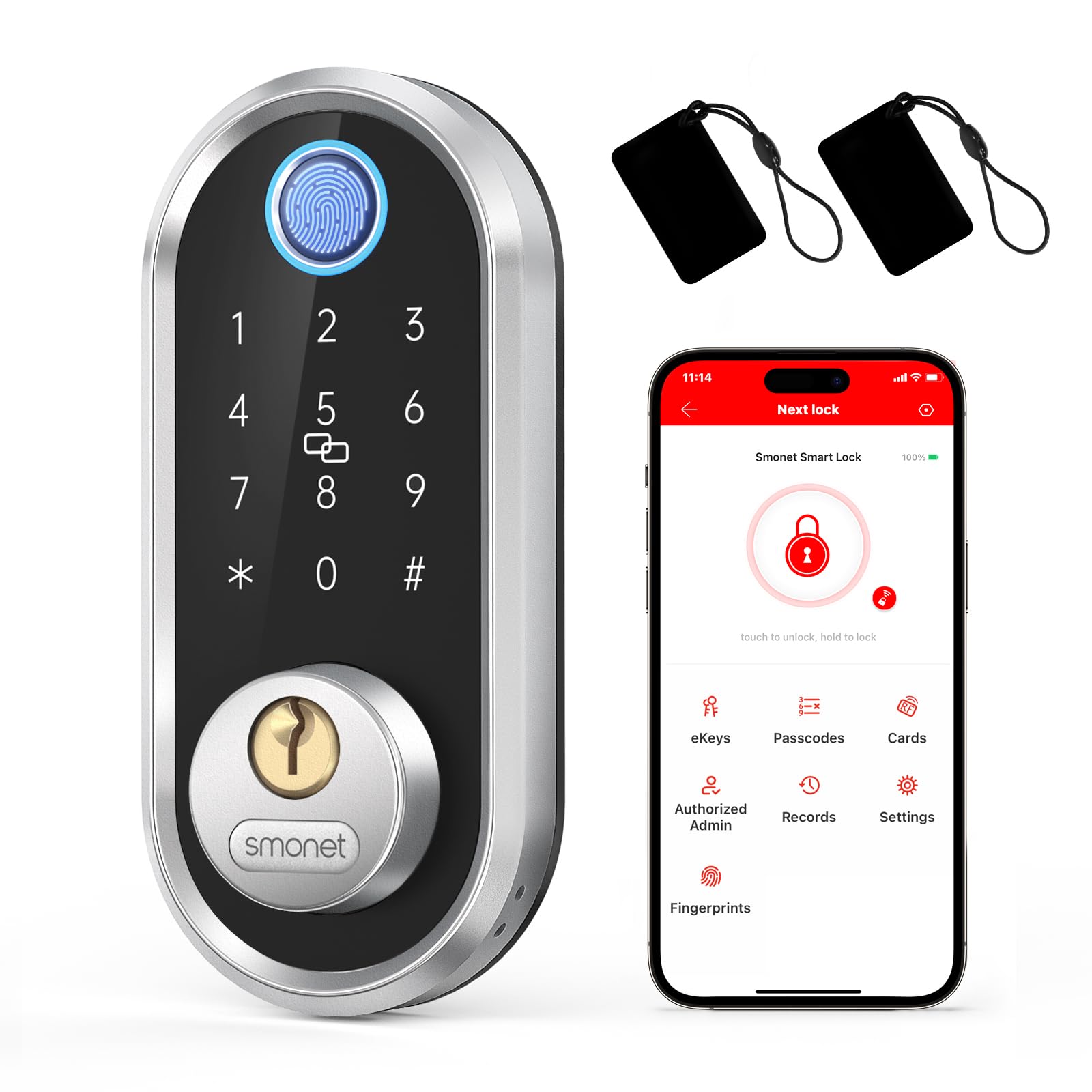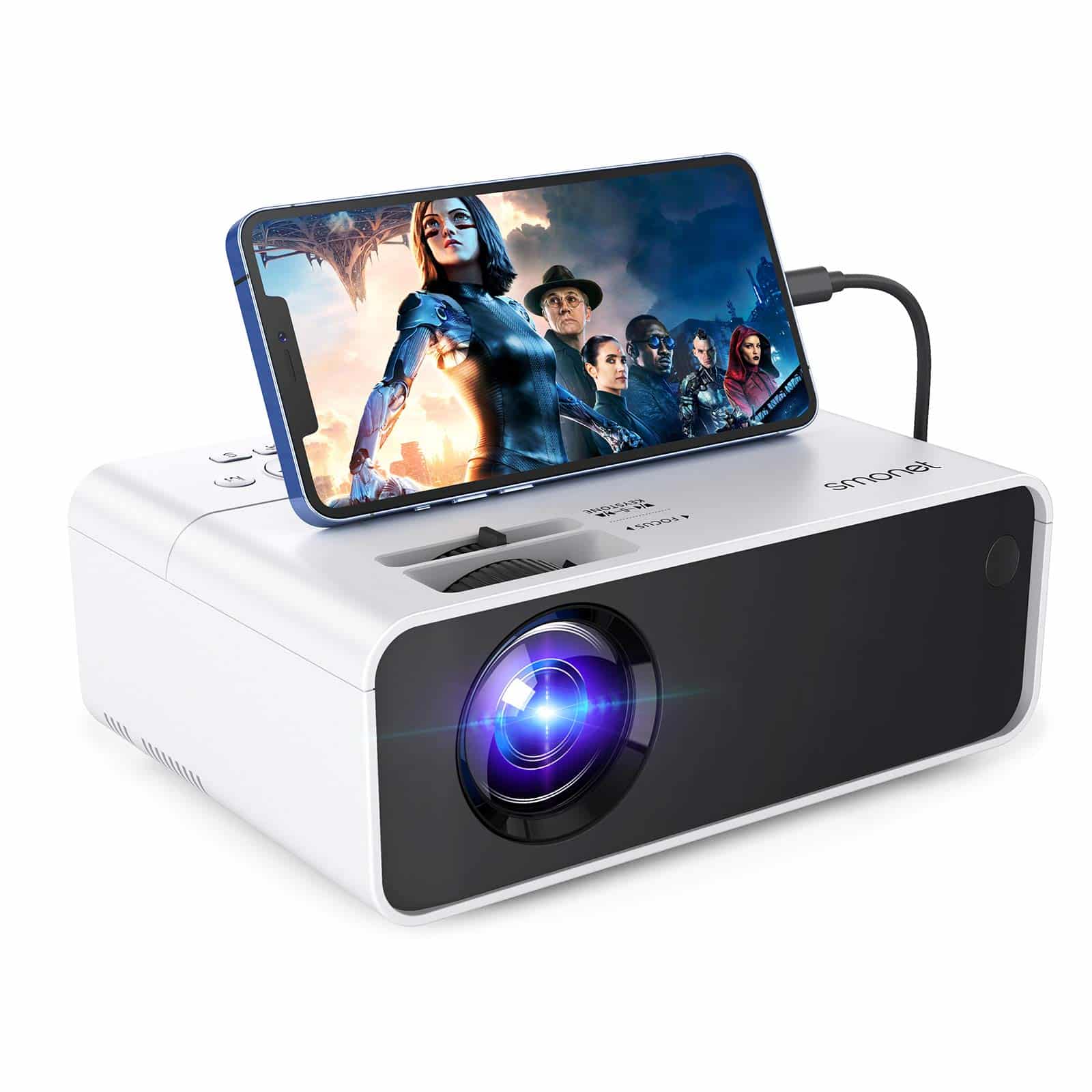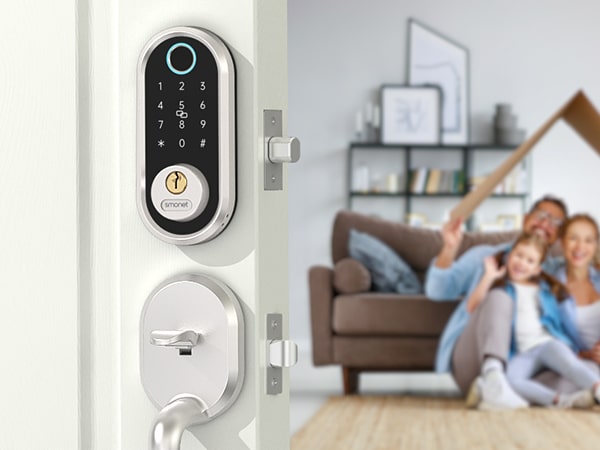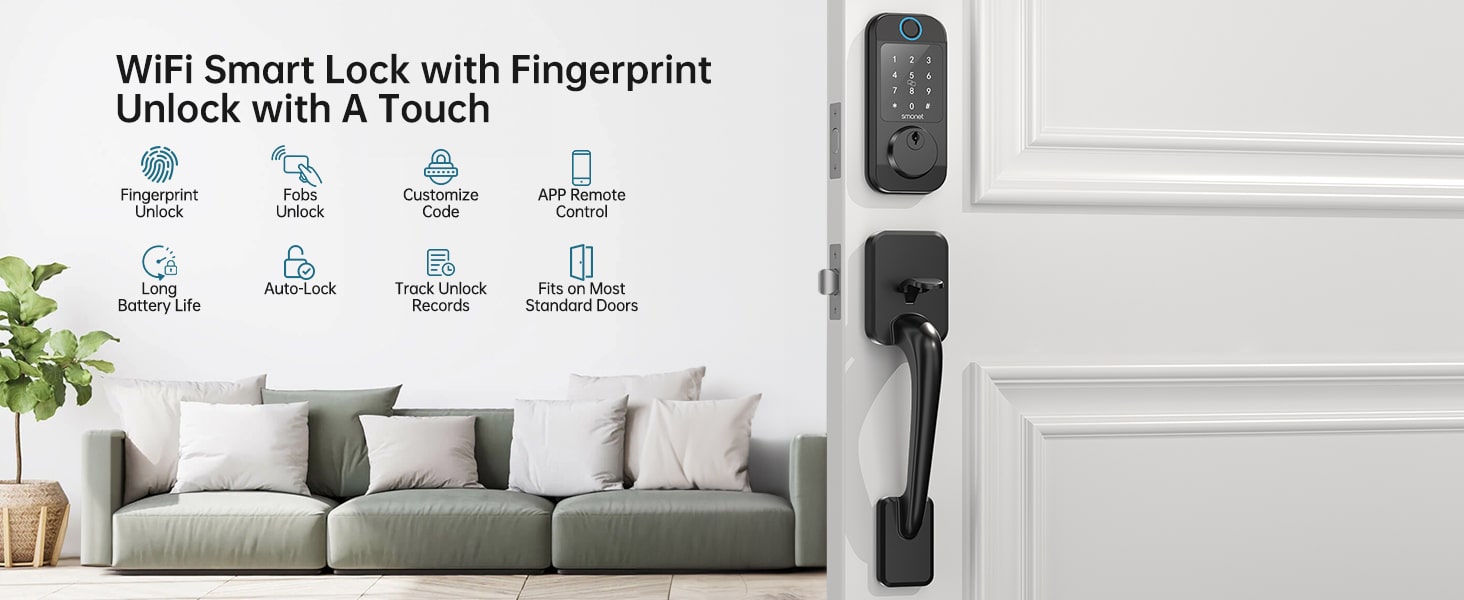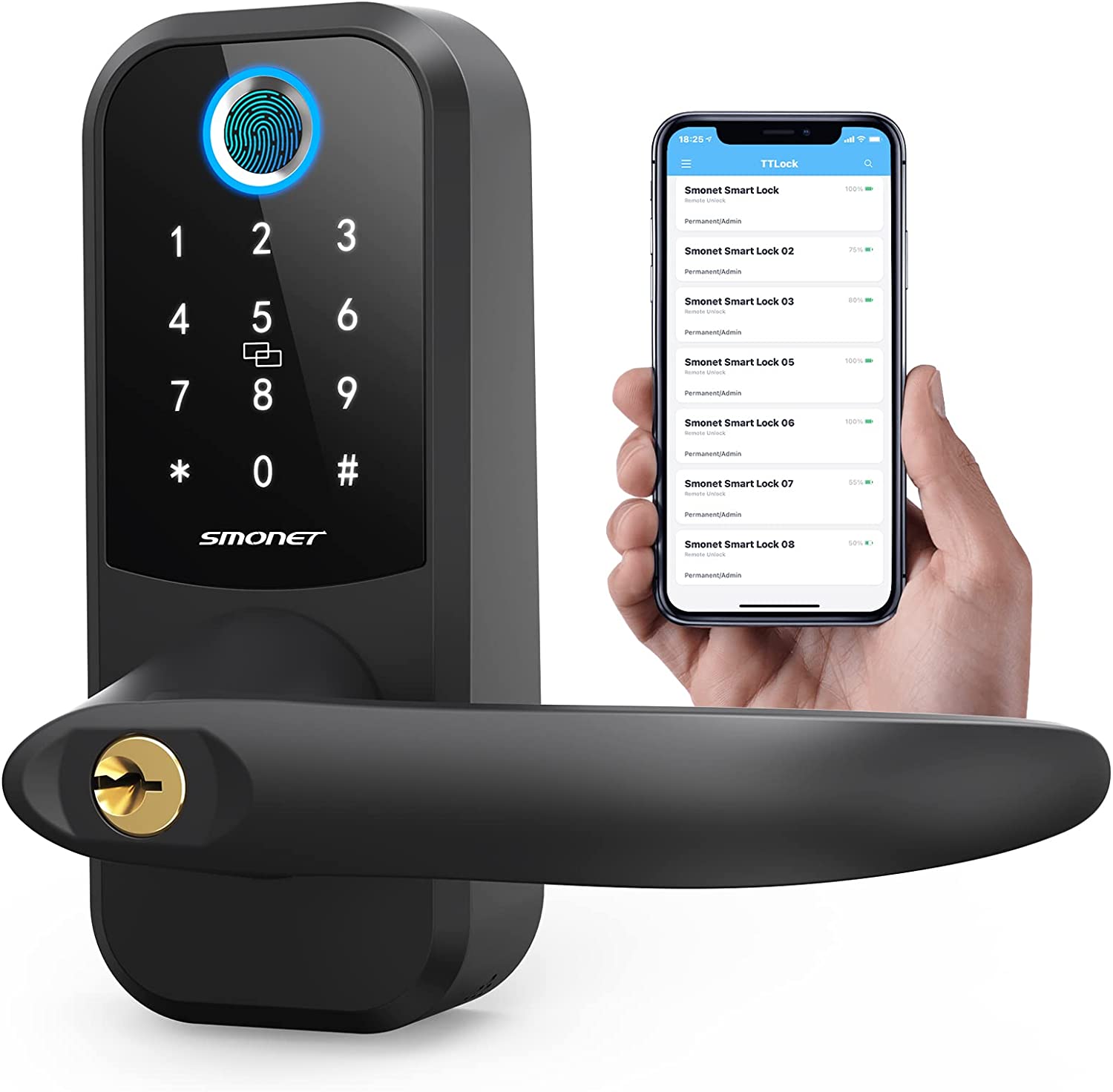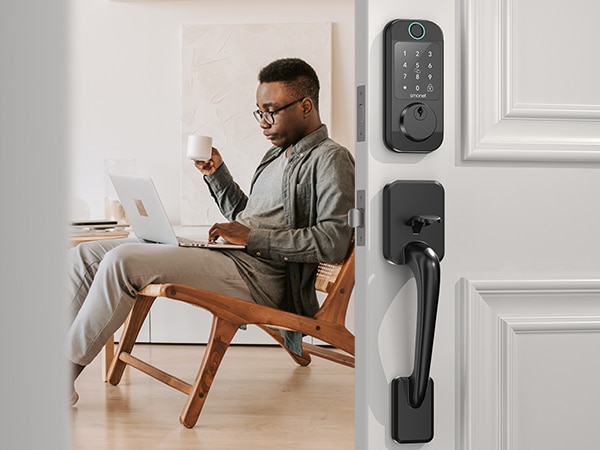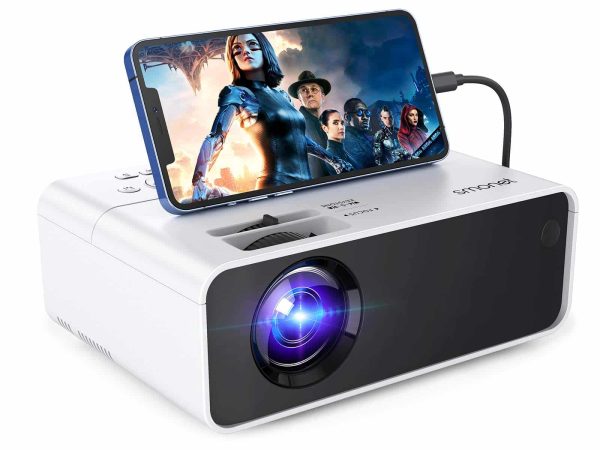The Ultimate Guide to 2025 Top Smartpool Technology and Automated Pool Cleaners
Maintaining a pool looking pristine and ensuring it’s safe for swimming can often feel like an uphill struggle. But fear not, we’ve undertaken the grunt work and tested out the top smart pool gadgets to upgrade your pool maintenance regime, allowing you more time to kick back and relax in the water.
Pool ownership typically translates to hours of clearing, cleaning, and chemical balancing, either by yourself or by hiring costly professionals. Vacuuming pools is a weekly chore, more so for pools in tree-laden properties, in order to keep it visually pleasing. Beyond the aesthetic, ensuring the water is bacteria-free and chemically balanced is essential for safety.
Technological advancements have made owning and maintaining a pool less daunting. A range of smart products are now available in the market that can reduce your workload and increase your pool enjoyment. We’ve streamlined our smart product testing and listed our top picks to simplify your pool maintenance.
Table of Contents
Automated Pool Cleaner Underwater
All pools come equipped with a filter system to sift out larger debris and also use various agents, such as sand or diatomaceous earth, to filter tiny particles and reintroduce cleansed water. However, these filters seldom manage the debris like insects, leaves, and grime that accumulate at the bottom and along the walls of your pool. A comprehensive used pool cleaners for sale requires a swimming pool water cleaner which can be time and energy-consuming, considering the size of your pool. This is where automated pool cleaners come in.
Automated pool cleaners are designed to cater to a range of pool types, so it is crucial to cross-check the specs before shopping. Automated cleaners for above-ground pools differ from those designed for in-ground pools. For in-ground pools, the cleaner must be compatible with the pool’s construction material. Carefully select cleaners that serve best for granite or plaster pools or those specifically manufactured for vinyl-lined pools. Also, check that the cleaner is suitable for the size and volume of your pool.
The primary kinds of automated pool cleaners are robotic and pressure cleaners. Our testing focuses on robotic cleaners as they are equipped with smart technology and are more user-friendly. Both types effectively clean pools, but while pressure cleaners depend on the pool’s filter pump for power, robotic cleaners run on electricity. The autonomous nature of the robotic cleaners makes them a more convenient choice.
Robotic pool cleaners operate independently of your pool’s pump. They include motorized wheels or rollers and rubber brushes to navigate the pool floor and scrub the walls and waterline, collecting debris as they go. The debris is stored in an integrated filter canister, while the cleansed water is returned to the pool.
Key Factors to Consider When Buying a Robotic Pool Cleaner
Smart robotic pool cleaners generally include the robotic cleaner itself, a controlling head unit, and a lengthy waterproof data cord that links the cleaner to the control unit. The head unit allows you to schedule the cleaning at specific times and provides multiple cleaning options. A cleaner equipped to scrub the waterline can significantly reduce or even eliminate the need to manually brush the sides of your pool. Some cleaners come with a caddy for storage and transport, though this may sometimes cost extra. The caddies are practical for moving and storing the cleaner, which can weigh from 10 to 25 pounds.
Robotic Pool Cleaner app
Smart pool cleaners that come with Bluetooth or Wi-Fi connectivity are typically more feature-rich. Wi-Fi functionality allows the cleaner to connect to your home network and be controlled remotely via an app, while Bluetooth facilitates local control. An app that allows you to interrupt cleaning, direct the cleaner to dirty areas for spot cleaning, switch cleaning modes, and schedule cleaning is a desirable feature.
One of the vital features of all pool cleaners is the debris canister. Some models include a debris canister with a cloth filter, while others use a mesh screen for filtering. Although cloth filters capture finer particles, they are messier upon cleaning. Mesh canisters are user-friendly since cleaning involves merely spraying them down with a hose. Opt for a cleaner with an easily removable canister that can be emptied and cleaned with minimal contact with the collected debris.
High-end cleaners incorporate mapping technology for efficient cleaning of your pool’s unique shape and dimensions, have a feature for easy poolside removal, and report on water temperature.
Are robotic pool cleaner sale Worth the Investment?
With robotic pool cleaner near me priced at a premium, especially those with added features, you’d want to consider if they are worth it. Basic models that clean the floor of mid-sized pools will set you back by roughly $500 but don’t come along with Bluetooth, Wi-Fi, or an app, and may likely charge extra for a caddy. Mid-range models that scrub the walls and waterline and include Wi-Fi and an app cost about $800. High-end models with all the added features can easily cost upwards of $1,300.
It is necessary to routinely check your pool’s sanitizer (free chlorine) and pH (acidity) levels for optimal pool health. Usually, the pool water should have a free chlorine level between 2 and 4 ppm and a pH level between 7.2 and 7.8 (on a 0-14 scale). A pH level below optimum can lead to cloudy water and may cause skin irritation and stinging eyes. If too high, it can lead to skin redness and damage the plumbing infrastructure. Notably, well-balanced pH levels are critical for sanitizers to function adequately.
Testing water chemistry can be done via test strips, drops, or by visiting a local pool supply store for analysis. Although digital measurement devices show comprehensive details, they can be steeply-priced.
A smart water monitor that sends daily measurements to your phone is a practical and time-efficient alternative. Most monitors test your pool’s pH and sanitizer levels, while some also provide hardness (calcium), TDS (total dissolved solids), and alkalinity data. High-end monitors can advise you on the exact amount of chemicals needed to balance your pool water and provide online shopping links via an app.
Prime Day OFF
Until the End
-
Master Of Cleanliness: Visual Guide To Recognizing And Understanding Your Electric Pool Cleaners
-
Making the Right Choice for A Best Keypad Door Lock: A Guide Based on Material Consideration
-
Door Knob With Fingerprint Identification- The Future Of Home Security
-
An Evaluation Of Safety Features In Electric Lawnmower Motor According To Consumer Reports
-
How To Change Your Smonet Robot Pool Vaccum Effectively
-
Selecting the Ideal Digital Door Lock Style and Color for Your Abode
-
The Efficient Smonet Pool Vacuum: A Comprehensive Review
-
Smonet Vs. Ego Transforming Lawn Care Through Innovation And User Convenience
-
Exclusive Features Of The Smonet Electric Lawnmower: A Comprehensive Review
-
Evolution Of Security- Smart Door Key Lock

